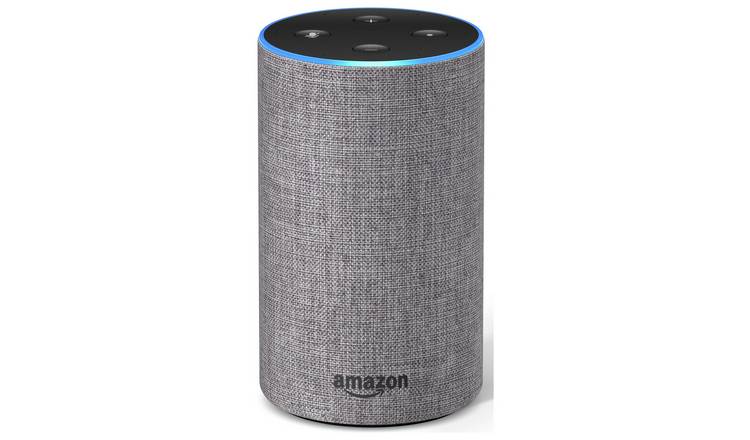It was recently announced that the NHS is to partner with Amazon to allow users to ask Alexa for medical advice. In this article, Kath Mackay, director of ageing society, health and nutrition at UK Research and Innovation (UKRI), discusses the opportunities and threats AI presents for clinicians, businesses and society in providing healthcare
Already on the rise across the UK is the advancement of AI and machine learning in providing better healthcare.
And, despite initial concerns, increasingly clinicians are conscious that machine, or automation-based, healthcare enable a host of benefits due to the many innovative projects currently underway.
The NHS Long-Term Plan has ambitions to drive its digital transformation to maximise the very practical benefits AI can provide.
Smart speakers are a brilliant example of an innovative piece of technology which, although it hasn’t been designed with healthy ageing in mind, will grow and support us as we get older
Currently, the main barriers to progress are the difficulties that some innovators encounter when negotiating unfamiliar regulations, job losses, cost, a lack of clinical safety and efficacy evidence, fear of change, and concerns of the impact of working practices and relationships with patients.
Despite this, perception is increasingly changing. And, as wider society embraces new technologies, such as Amazon’s Alexa, there is a noticeable shift in attitude.

Amazon Alexa will now give health advice taken from the NHS Choices website
Smart speakers are a brilliant example of an innovative piece of technology which, although it hasn’t been designed with healthy ageing in mind, will grow and support us as we get older.
From predicting risks in illness to streamlining resources; through our work at UKRI we support innovators from a range of different fields, including fintech and engineering as they turn their attention to finding solutions to ease the pressure on our national health service.
And some of these solutions are already making an impact in the field.
Freeing up clinician resource, eObs, for example, allows doctors to observe patients digitally through hand-held devices and sends them automatic alerts when patients are identified as ‘at risk’.
Similarly, to increase efficiency, Red Star Consulting uses machine learning to analyse diabetes patients’ clinical notes, predicting the risk of heart attacks or death and presenting this information to the clinician as an alert.
And Snoozeal has developed a device to treat obstructive sleep apnoea which contracts a muscle at the rear of the tongue through a 20-minute daily toning regime of mild electric pulses.
The device aims to be connected to an intelligent platform to collect biosensor data of tongue tone, which will be classified by machine learning and AI-based to deliver personalised treatment regimes.
One of the most-exciting developments is within one of the biggest challenges of our generation.
In less than 20 years, the number of people aged 65 and over in the UK will increase by more than 40%, and one in four of the population will be in this age bracket. Furthermore, the rate of dementia sufferers will increase with this, testing the structure of our health service.
Mind over Matter MedTech is improving early diagnosis in dementia by trialling novel, low-cost and portable brain imaging technology.
This tests patients’ personalised risk of developing the condition at least a decade before any clinical symptoms would appear, potentially reducing the chance of a cycle of irreversible neuronal death.
Importantly, all of these innovations free up time, allowing practitioners to concentrate tight resources on the most-serious cases.
Introducing more innovation into the ‘problem’ of providing healthcare to our ageing society isn’t just an opportunity to provide a more-efficient and cost-effective service to the end user; but also an opportunity for tech companies to fulfil an ever-increasing need.
Introducing more innovation into the ‘problem’ of providing healthcare to our ageing society isn’t just an opportunity to provide a more-efficient and cost-effective service to the end user; but also an opportunity for tech companies to fulfil an ever-increasing need
The Industrial Strategy Challenge Fund (ISCF) has recognised the opportunity that our ageing society presents, with competitive funding opportunities from these challenges soon to be available.
So I would encourage the tech business community, academics and researchers to recognise this opportunity too – to benefit both lives and the economy.
